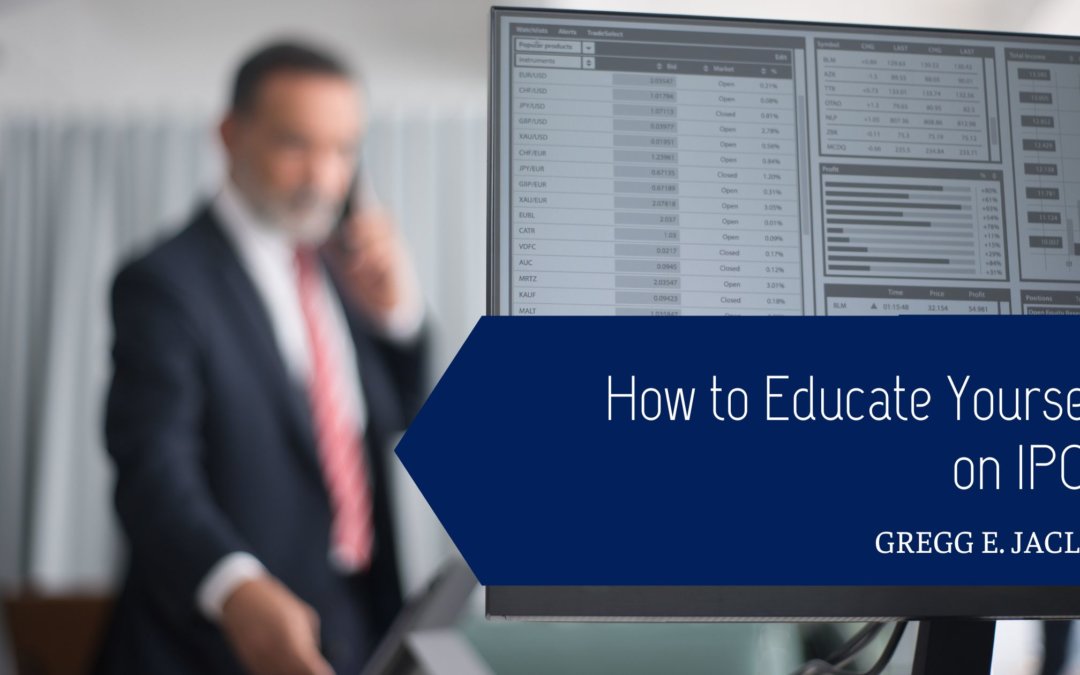An initial public offering (IPO) is a process that allows private companies to raise money by selling their shares to the public.
Although initial public offerings can be great money-making opportunities, they are risky investments. It can deliver inconsistent returns over time.
How They Work
Getting into the public market is a time-consuming process that most private companies can’t handle alone. Aside from preparing for the increased scrutiny that comes with an IPO, a private company also has to meet the various requirements of the country’s securities regulator.
An investment bank, usually an underwriter, helps private companies set the initial price for their IPO. The bank also helps the management prepare the documents related to the offering. It then forms a syndicate with other financial firms to distribute the shares to the public. This group of banks will be responsible for handling the distribution of the shares.
After the company and its financial advisors have set the initial price, the underwriter issues the shares to investors. The stock of the company then begins trading on the stock exchange.
Should I do it?
Through an initial public offering, a company can raise additional capital. The funds can be used for research and development, paying off debt, or expanding operations.
Other than banks and venture capital firms, private investors can also be used to raise capital. However, these types of investments can be costly.
Getting into the public market can also boost a company’s public profile. It can allow it to stand out from the crowd and attract more potential investors.
However, going public can be very costly for a company. In addition to filing financial reports, a company must disclose other details about its operations. These include the activities of its senior executives.
Should I Buy?
Before you can buy a company’s stock, it’s essential that you thoroughly understand the various steps involved in the process.
According to Gregory Sichenzia, a securities attorney, an individual usually has to buy the stock through their stockbroker. Some stock brokers, such as 5Paisa, Upstox, and Zerodha, may allow access to the initial public offerings of a company. However, they may set forth specific requirements for their customers.
Is It For Me?
The initial public offerings of companies carry various risks. Unlike buying the shares of publicly-traded companies, an IPO is private, and there is a lack of data on private companies.
Many people make a bundle from investing in initial public offerings. Unfortunately, there are many more that fail. From 1975 to 2011, over 60% of initial public offerings experienced negative absolute returns.
A company’s initial public offering is not a good long-term strategy. For instance, if a company’s IPO price is too high, it may not be possible for the investor to get back the capital invested.

